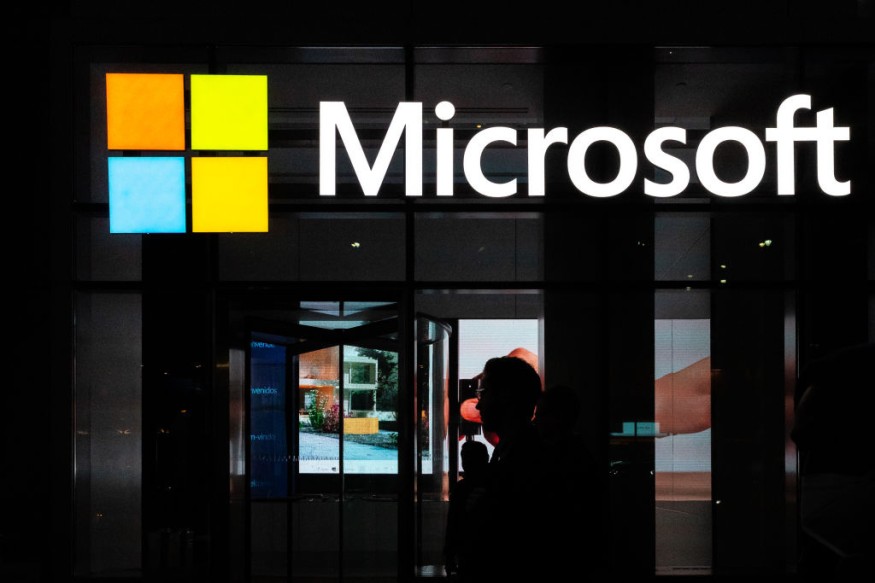Microsoft Patents Chatbot Allowing You To Talk to the Dead, But There's a Catch

Microsoft has been granted a patent for a chatbot that could imitate another person's personality and likeness. The chatbot could be created through the information that could easily be collected on social media, such as images, voice data, behavioral information, social media posts, and text messages.
This according to documents from U.S. Patent and Trademark Office. It could even take on a physical presence.
However, Microsoft's General Manager of AI Programs says he is unaware of any plans to build the chatbot, according to a Business Insider report.
Microsoft's patent does not specifically say when the product would be used to bring deceased people back to life digitally.
The patent was filed in 2017 but was only approved in December. Tim O'Brien, General Manager of AI Programs at the huge tech company, said that he's looking into the patent but not aware of any plans to build or ship it, according to a Tucson report.
Meanwhile, the chatbot could also rely on outside data sources, in case the user asked a question of the bot that could not be answered based on the person's social data.
"Conversing in the personality of a specific person may include determining and/or using conversational attributes of the specific person, such as style, diction, tone, voice, intent, sentence/dialogue length and complexity, topic and consistency," the patent states, according to a Fintech Zoom report.
It could also have behavioral attributes such as interest and opinions, and demographic information such as age, gender, and profession.
In some cases, the tool could also be used to apply voice and facial recognition algorithms to recordings, images, and videos to create voice and 2D or 3D models of the person.
This in order to improve the chatbot.
Related story : Source Code for Disney, Microsoft, Nintendo Leaks Online
Challenges in Implementing This Tech
The use of another person's likeliness or personality can cause some legal battles. An individual can be sued for using another person's likeness, name, or personal attributes for an exploitative use in the United States, especially if this was done without permission from the individual.
In addition, the U.S. recognize postmortem rights in its 23 states, which allow a deceased person anywhere from 10 to 100 years of protection from unauthorized use of their identity, which includes their name, voice, image, and likeness from being used for profit.
However, this is not the first time that this kind of tech was used.
In 2016, San Francisco-based artificial intelligence developer Eugenia Kuyda created a memorial bot to her friend Roman Mazurenko, who died in an accident just before his 33rd birthday, according to a The Guardian report.
Kuyda said that being able to talk to a dead friend or relative helps the grieving process.
She added that it is not about pretending someone is alive, saying that it is about accepting, thinking, and talking about it, and not staying in denial.
Tech analysts say that the digital death market is et to reach a peak.
Subscribe to Latin Post!
Sign up for our free newsletter for the Latest coverage!
© 2026 Latin Post. All rights reserved. Do not reproduce without permission.














